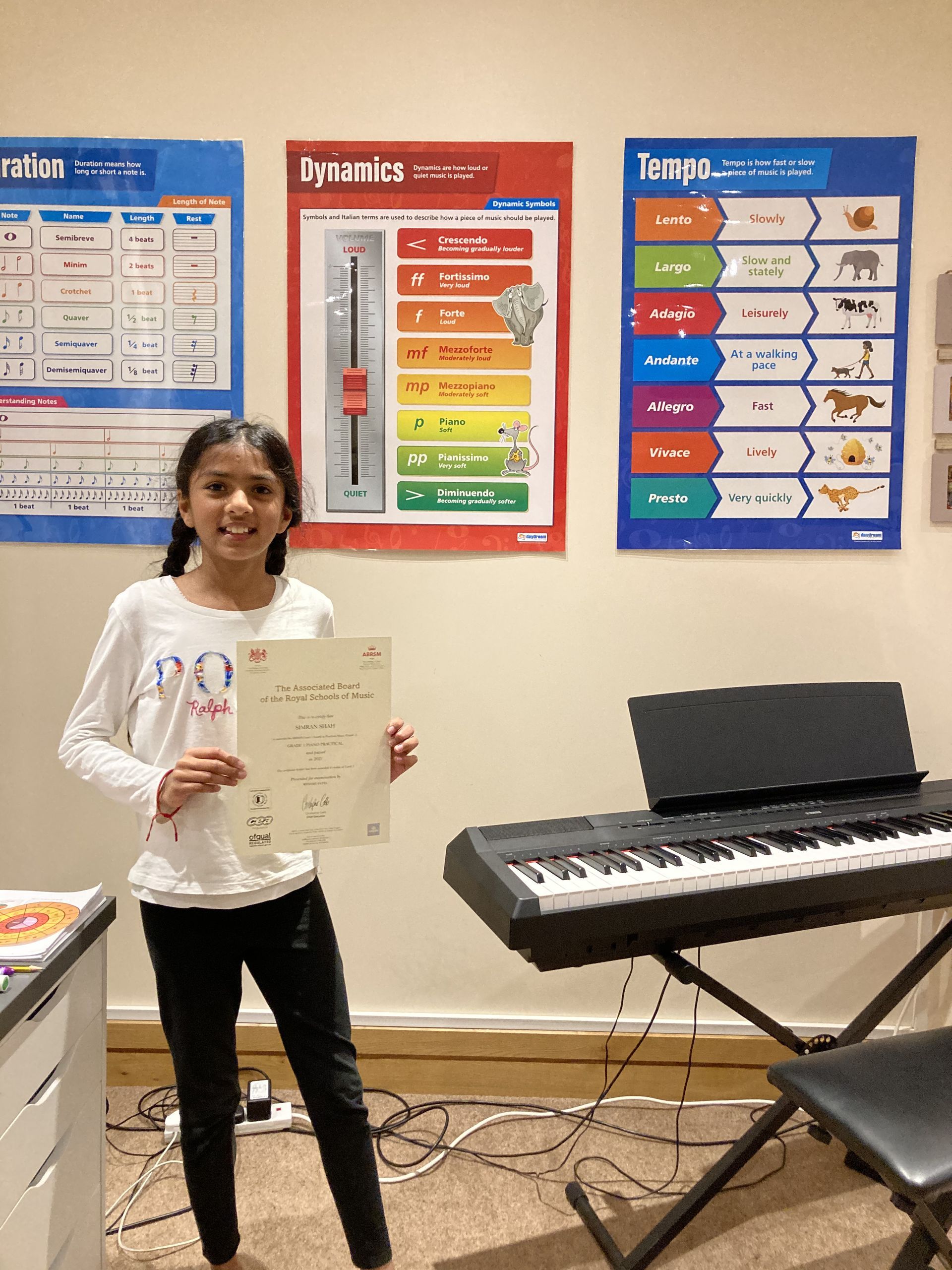OUR TOP 5 APPS FOR MUSIC STUDENTS
During the lockdown period we’ve been taking even more advantage of the applications which can help support our students and other musicians around the world.
This blog can be useful for students and teachers who are looking for tools to enhance their musical journey.
- Flowkey
Flowkey is a wonderful app for those who wish to learn more about notes and chords in music. This app will support you in learning to play your favourite classical and pop songs. Although there is a free version, there are premium subscriptions which allow you to have access to more advanced level content.
2. Music Tutor
Music Tutor is one of our student’s favourites! This app provides you with notation assessments which help improve your sight-reading and accuracy when reading sheet music.
3. ABRSM Theory Works
For those who sit ABRSM Practical or Theory Exams we’d recommend this app as a revision tool. The app provides a range of questions which support you in the lead up to your exam. We wouldn’t recommend using this tool alone when preparing for your exam, but as one of the systems you implement to help build your knowledge and confidence.
4. Metronome
The Metronome App is great to play before or during your practical practice sessions. Whether you are a singer or instrumentalist, this will help keep you in time with the music. To set the correct measure for your given scale, piece or exercise have a look at the top of your music or ask your music teacher what speed they recommend you set your metronome at. The speed of the music or teacher suggests may differ depending on the genre and how you progress in your learning journey for the given music.
5. Notes Teacher
Similar to Music Tutor, Notes Teacher provides you with notation assessments. The difference between the apps is Notes Teacher requires you complete each level before moving onto the next level, whereas Music Tutor is a series of assessments based on the level you set the difficulty through the settings.
Feel free to ask us any questions you may have, we are more than happy to help.
For more tips and tricks follow us on Instagram: @keysoundsuk or Facebook: www.facebook.com/keysoundsuk
The post OUR TOP 5 APPS FOR MUSIC STUDENTS appeared first on Key Sounds UK.



All Rights Reserved | Key Sounds UK






